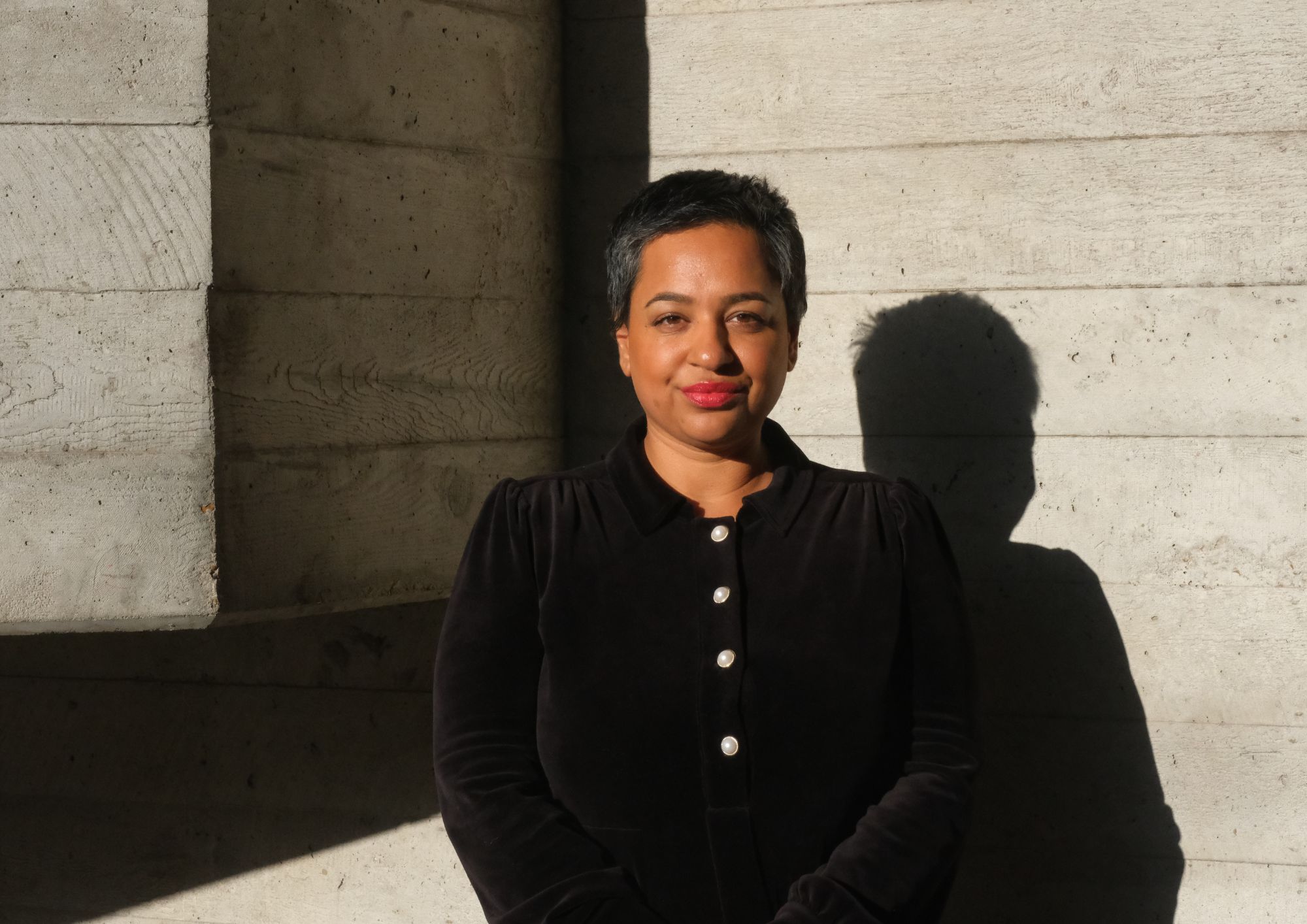Breast cancer stigma risks lives of women scared to get checked
Monday, 13th March 2023 — By Nell Bhadresha

Nell Bhadresha
WHILE on holiday in 2021, I found a lump in my right breast the size of a cherry tomato. Shocked doesn’t even begin to cover it – I couldn’t get my head around what I’d just found.
A few visits to the hospital later, I was told that I had stage two triple-negative breast cancer. Triple-negative breast cancer is a rare, aggressive and high-risk from recurrence form of breast cancer – a type which doesn’t have any hormone or protein receptors which means that it can grow quickly. I was lucky to have found it when I did.
Getting the diagnosis was beyond devastating. The memory of being told this news still continues on playback in my head. Everything went quiet and, slowly, my world started to implode.
At 37, I was young, pretty healthy and fit, with no family history of breast cancer. I didn’t think I could fit the profile of someone affected by it.
Except I did. I fitted the profile of a triple-negative breast cancer patient down to a tee.
Black and South Asian women under 40 are disproportionately more affected by triple-negative breast cancer than any other demographic – something I was completely unaware of. Yet, here is this niche and aggressive cancer that actively discriminates against women of my heritage.
Sadly, there’s a lot of shame and stigma in South Asian communities around breast cancer.
I’m aware that there will be women who may have gone through this but wouldn’t have talked about to their families or GPs it because it’s shrouded in taboo.
I have an amazing, robust support system but it was enormously distressing for my family and friends to see me go through chemotherapy, surgery and radiotherapy and be taken right to the edge of life.
It was a tremendously lonely experience because it was hard to find someone that looked like me, of a similar age and place in life, who had made it through the other side and see them thriving.
I was referred to St Bartholomew’s Hospital in central London for my treatment – I had the best oncologist I ever could have wished for. I mean this with every fibre of my being when I say I felt like I had won the lottery with the medical professionals who treated me.
From the incredible clinical nurse specialists and nurses in the chemotherapy ward, to my compassionate oncologist and surgeon.
At the end of July 2022, I got the all-clear: that was the best day of my life. In September, I had radiotherapy, which acts as an absolute insurance that any cancer cells will have been zapped away, and I finished all cancer treatment. There are lots of barriers for South Asian women accessing treatment: cultural, linguistic, even patriarchal.
It’s systemic, so it’s going to take a long time to change things. But presenting early means you have a better prognosis, and it starts with women like me encouraging others to self-examine – that’s where it all begins – and having the confidence to present to hospital if something doesn’t feel right because you’re worth getting checked.
It all starts with sharing stories.
Nell Bhadresha is a writer and ambassador for Bart’s Charity